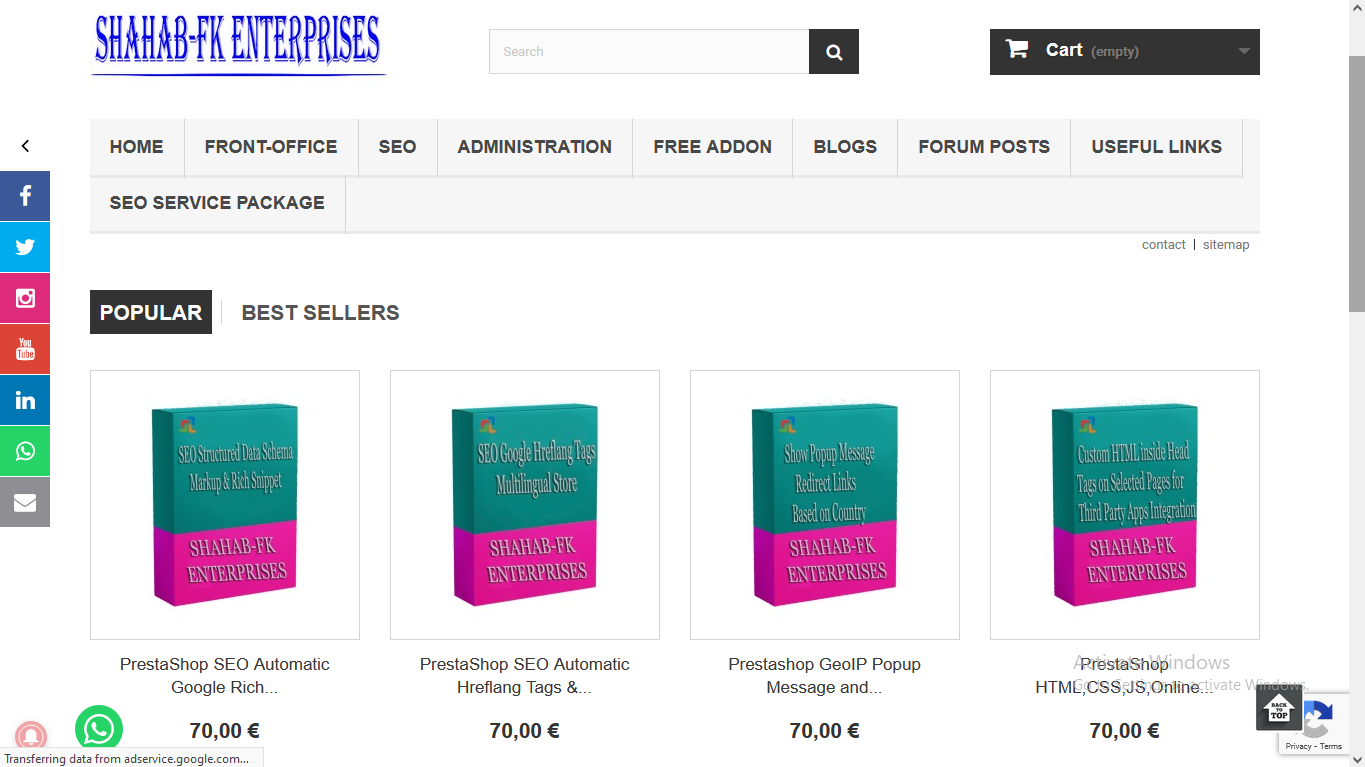Search Engine Optimization – Be a Leader, not Follower Trying to get your site ranked on the first page of Google and Yahoo is an ongoing battle if you don’t have any search engine optimization experience under your belt, but it’s not insurmountable if you are willing to learn the basics. There are a number of different elements involved in search engine optimization (SEO) but today we are going to focus on-page optimization.
You will find that many of the sites that get ranked at the top know how to effectively optimize their pages to get the most value for their rankings.
Having your site correctly optimized will make all the difference to your placement by the search engines, and is a powerful technique to master.
Your starting point should be selecting the right primary keyword and related secondary keyword phrases. There are a number of keyword tools available on the net, but if you have a limited budget Google’s free keyword tool can get you started.
It’s important to find keywords that have decent searches, at least 100 per day but less than 50,000 competitors. Of course, you can choose other limits, but keep in mind the more competitors the harder to rank.
Tip 1: Optimize for all your selected keywords and phrases. Don’t restrict yourself to just optimizing for your primary keyword, in most cases, this will be very competitive. Try focusing on your long-tail keyword phrases, as not only does this get you more attention, but also improves your single keyword ranking provided it is included in your keyword phrases.
Tip 2: It’s important to use your keyword phrase in the first and last paragraphs of your article. Use your h1 tags to draw emphasis to your keywords. One of the more popular rules of thumb is to use your keyword or keyword phrase 3 times in each article. In each instance, you can bold one, italicize one, and underline the last.
Tip 3: Always make sure that you have used your keyword phrase in your page title and also in your description. Make sure all occurrences of your keywords and phrases appear natural to the reader, do not make the mistake of stuffing your page with keywords, not only will this put your readers off; it will also alert the search engines.
Tip 4: Build backlinks from related blogs and sites. This can be time-consuming but it is well worth the effort. There are a number of tools on the market to automate this, but it is a good idea initially to start off by doing this manually until you understand exactly how it works. Look for quality sites to get links from, the higher PR they have the better for you and the search engines will rank you accordingly.
Tip 5: Use your keywords in your anchor text links, avoid the old “click here” syndrome. Use text links not images, don’t forget search engines can’t read images.
Tip 6: Make your site interesting to visitors. This can be achieved in several ways, quality content, or offering free tools or information just make sure it is something of value.
Improving your search engine ranking isn’t complicated, but does take some. However, making that little bit of extra effort with search engine optimization can reap dividends in terms of traffic and buyers.

